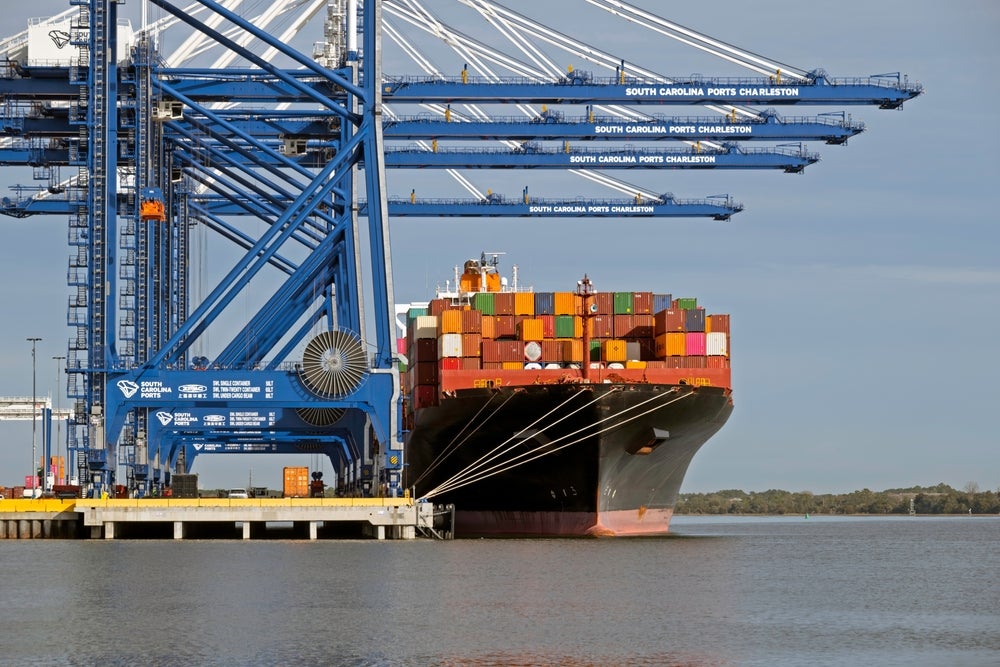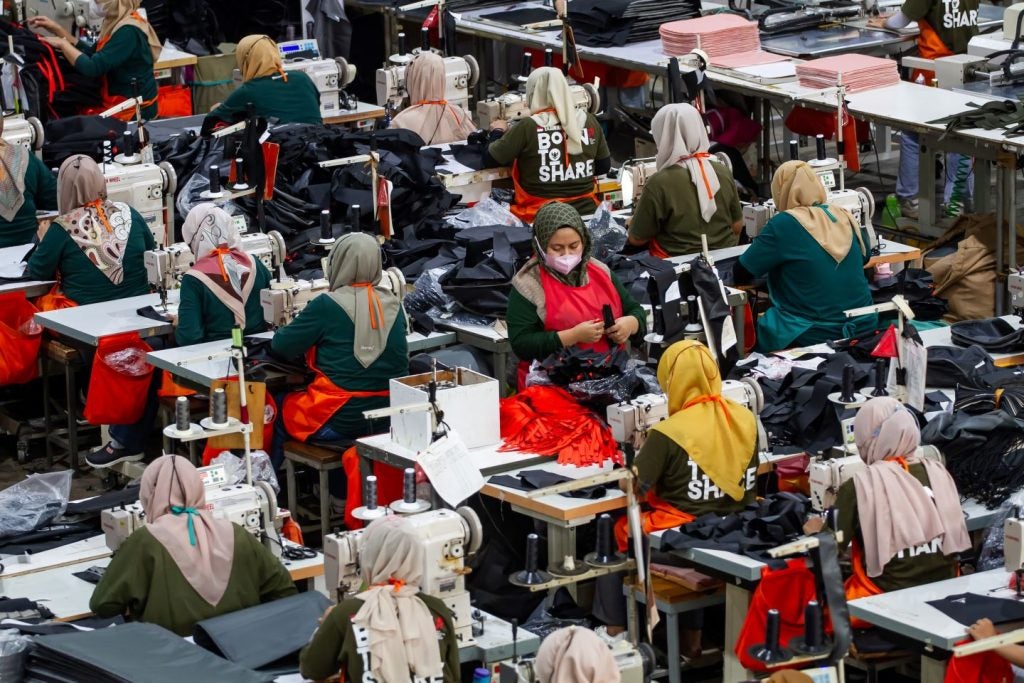
The agency has stopped 678 textile shipments since the law went into effect last June, according to a new UFLPA dashboard that sheds light on exactly how the law is being enforced.
Of the detained textile shipments, 43% were denied entry, 23% have been released, and the rest are still pending. More than half of these shipments came from China, but that’s not the only country that US Customs has been targeting. Two fifths (40%) of these shipments originated from Vietnam. Although electronics and apparel make up the bulk of Customs’ UFLPA detainments, the agency has also targeted steel, aluminium, PVC and auto parts.
The new numbers underscore US Customs’ commitment to enforcing the law, which bans the importation of goods made in whole or in part from China’s Xinjiang region under the presumption they were produced with forced labour. Meanwhile, US Congress has continued to pressure the agency to more forcefully crack down on forced labour, which could lead to further increases in detainments and denied shipments.
How can apparel brands, retailers avoid delays related to UFLPA
Apparel retailers can drastically reduce the risk of forced labour in their supply chain by more closely vetting and monitoring their suppliers and strategically cutting high-risk vendors from their supplier base through supply chain mapping. This creates visibility into a company’s supplier base, allowing them to document all factories and suppliers involved in the transformation of raw materials into finished goods.
Supply chain mapping alone isn’t enough to ensure compliance with the UFLPA, however. To rebut the law’s presumption of forced labour, importers need to provide documentation detailing “the order, purchase, manufacture, and transportation of inputs throughout their supply chain.” Examples of that include records substantiating the parties involved in the sourcing and manufacturing of goods; documentation of the payments for and transportation of raw materials (including invoices, contracts, purchase orders and other proofs of payment); and transaction and supply chain records (including packing lists, bills of lading, and manifests).
A multi-enterprise platform for adhering to UFLPA guidelines
A multi-enterprise platform helps businesses collect and organise the chain of custody documentation they need to adhere to UFLPA guidelines.
TradeBeyond has introduced new enhancements to meet these new chain of custody requirements. The platform has a simple process for compiling this documentation during order creation and for determining whether an order has fulfilled the chain of custody obligations of the UFLPA and other new global due diligence laws. To mitigate risk, the system also creates alerts flagging orders that have unmet chain of custody requirements. We expect this technology will increasingly become standard as businesses continue to adjust to the UFLPA’s new normal.
A multi-enterprise platform grants businesses a full understanding of their social and environmental footprint, and in addition to facilitating visibility, it exposes vulnerabilities that businesses can quickly act to correct. This due diligence is no longer just a best practice; it’s key to staying ahead of tightening ESG regulations like the UFLPA.
About the author: Eric Linxwiler is senior vice president of sourcing platform TradeBeyond. He has over 30 years of experience in enterprise software and cloud-based platform companies with a specialty in supply chain optimisation and workflow management.
How well do you really know your competitors?
Access the most comprehensive Company Profiles on the market, powered by GlobalData. Save hours of research. Gain competitive edge.

Thank you!
Your download email will arrive shortly
Not ready to buy yet? Download a free sample
We are confident about the unique quality of our Company Profiles. However, we want you to make the most beneficial decision for your business, so we offer a free sample that you can download by submitting the below form
By GlobalData






